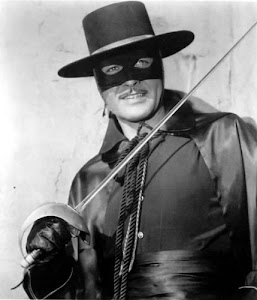Sunday was a good day. Our Vacation Bible School kids sang a couple songs from Take the Plunge, this year's VBS theme. I sang one of my favorite songs, Cat's In the Cradle--the old Harry Chapin hit from the 70s. He wasn't a Christian, but certainly wrote a compelling sermon with that song.
I taught from Luke 15:11-24, which is the Parable of the Lost Son. I want to share a brief observation, which actually came to me as I was on stage teaching. Matthew 3:13-17 is the narrative of Jesus' baptism. As our Savior came up out of the water and the Spirit rested upon him, God spoke: This is my Son, whom I love; with him I am well pleased.
One of my core values is that God is on our side. The story of the lost son illustrates this in a way I had not really expected. The son came to the conclusion that he would never be a son again, but he thought maybe there was a chance his father would hire him as a day laborer. In Parables as Subversive Speech, William Herzog writes that day laborers lasted an average of about five years. They ate when they could find work. Growing weaker from hard work and lack of nourishment, they were prone to injury and illness. Before long their inevitable end was death from starvation, or hunger related disease. There were plenty where they came from. As far as landowners were concerned, day laborers were disposable. In hoping for a day laborer position with his father's estate, the son was acknowledging his belief that he was disposable.
His father saw things differently. When the son came into view, the father was waiting. He ran to his son, and called for a robe, a ring, and sandals. These were the signs of sonship. He ordered his servants to bring the fattened calf and prepare a celebration feast. The father was illustrating the same love for his lost son that God the Father communicated for his Son the Lord Jesus Christ. His gifts of the garment, the ring, the sandals and the celebration said, This is my beloved son, in whom I am well pleased.
But God demonstrates his own love for us in this: While we were still sinners, Christ died for us (Romans 5:8)."
What kind of love is this?
Subscribe to:
Post Comments (Atom)




No comments:
Post a Comment